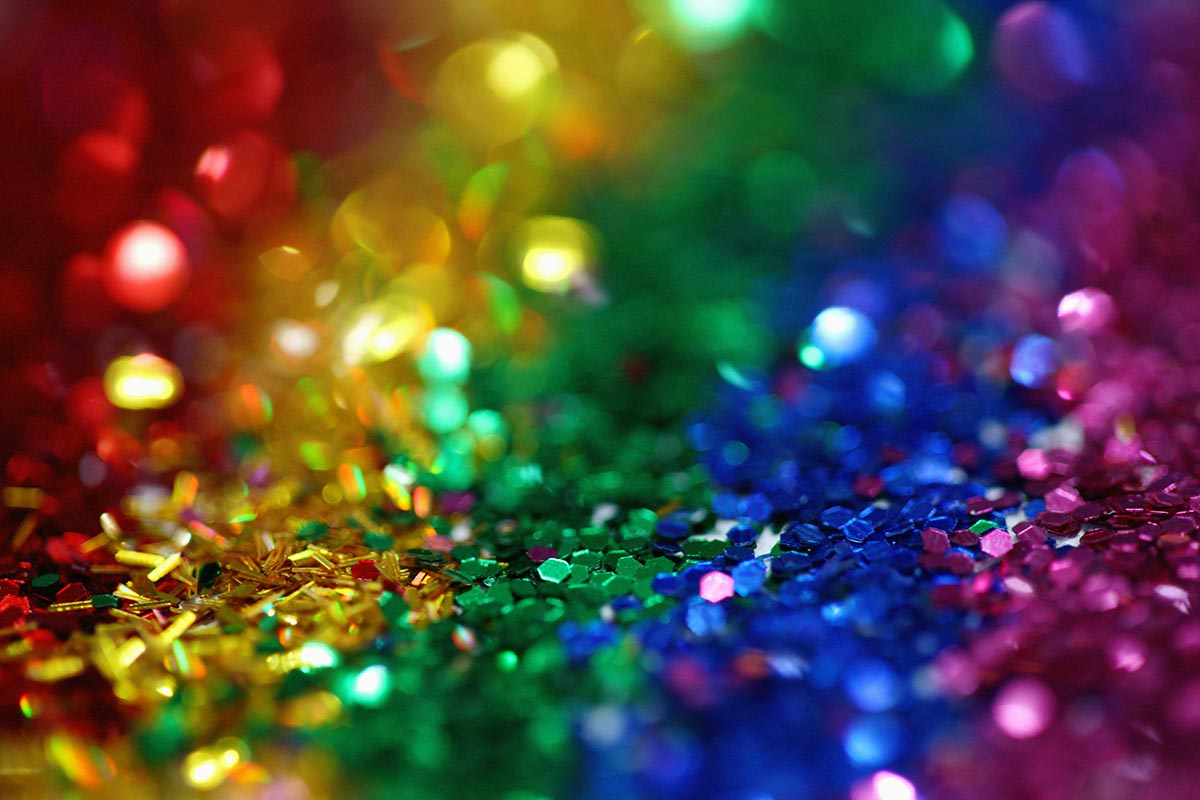Literature has long been a powerful medium for exploring and expressing the complexities of human identity and experience.
LGBTQ+ fiction, in particular, has offered a voice to those whose stories have often been marginalized or silenced.
These works have not only enriched the literary landscape but have also played a crucial role in fostering understanding and empathy.
Here, we explore 18 of the best LGBTQ+ fiction books of all time, each contributing uniquely to the tapestry of queer literature.
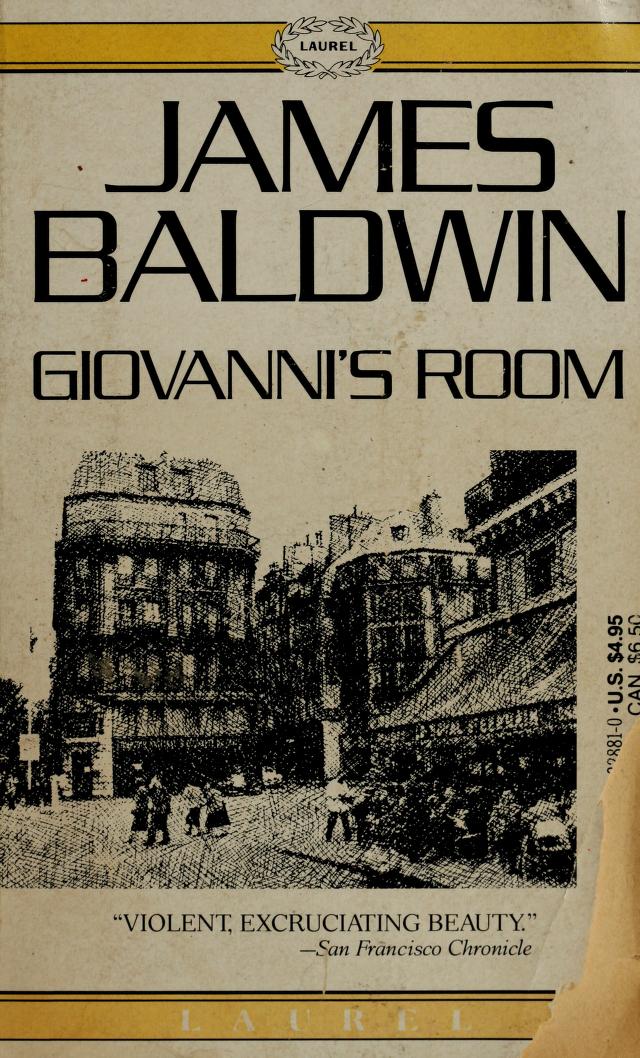
1. Giovanni’s Room by James Baldwin (1956)
James Baldwin’s Giovanni’s Room is a seminal work in LGBTQ+ literature, exploring themes of identity, sexuality, and societal norms.
The novel tells the story of David, an American living in Paris, and his tumultuous relationship with Giovanni, an Italian bartender.
Baldwin’s poignant prose delves deeply into the inner turmoil and societal pressures faced by those grappling with their sexual identity in the mid-20th century.
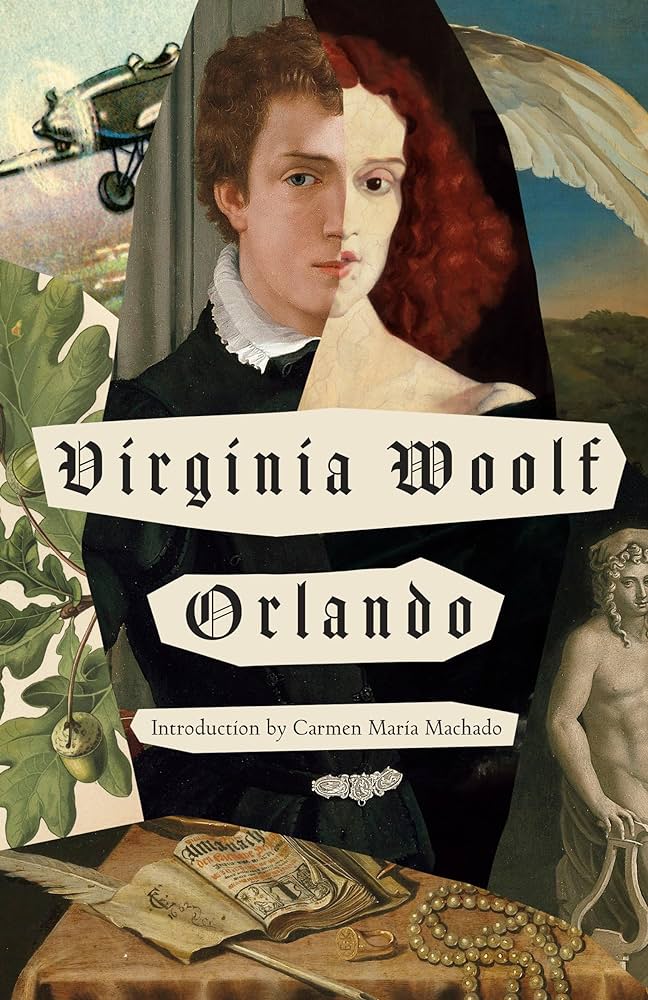
2. Orlando by Virginia Woolf (1928)
Orlando is a groundbreaking novel by Virginia Woolf that challenges conventional notions of gender and sexuality.
The protagonist, Orlando, undergoes a mysterious transformation from male to female and lives for centuries, experiencing life from both gender perspectives.
Woolf’s exploration of gender fluidity and the construction of identity is both innovative and timeless, making Orlando a landmark in queer literature.
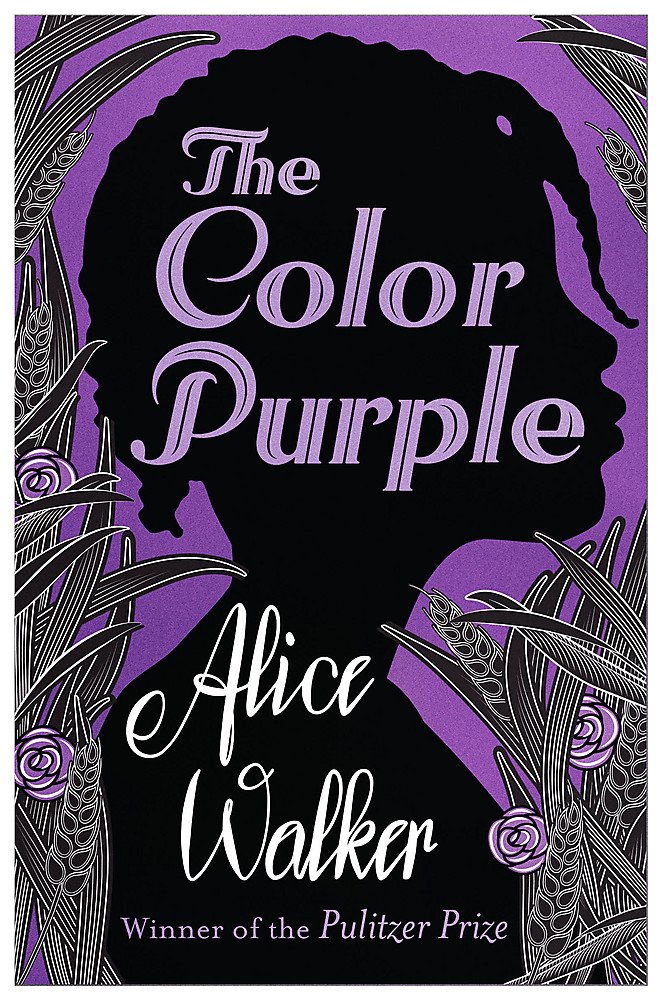
3. The Color Purple by Alice Walker (1982)
Alice Walker’s The Color Purple is a powerful narrative of resilience, sisterhood, and self-discovery.
The novel follows Celie, an African American woman in the early 20th century American South, as she overcomes oppression and abuse.
Her intimate relationship with singer Shug Avery is a crucial part of her journey toward self-empowerment and independence.
Walker’s vivid storytelling and richly drawn characters highlight the intersections of race, gender, and sexuality.
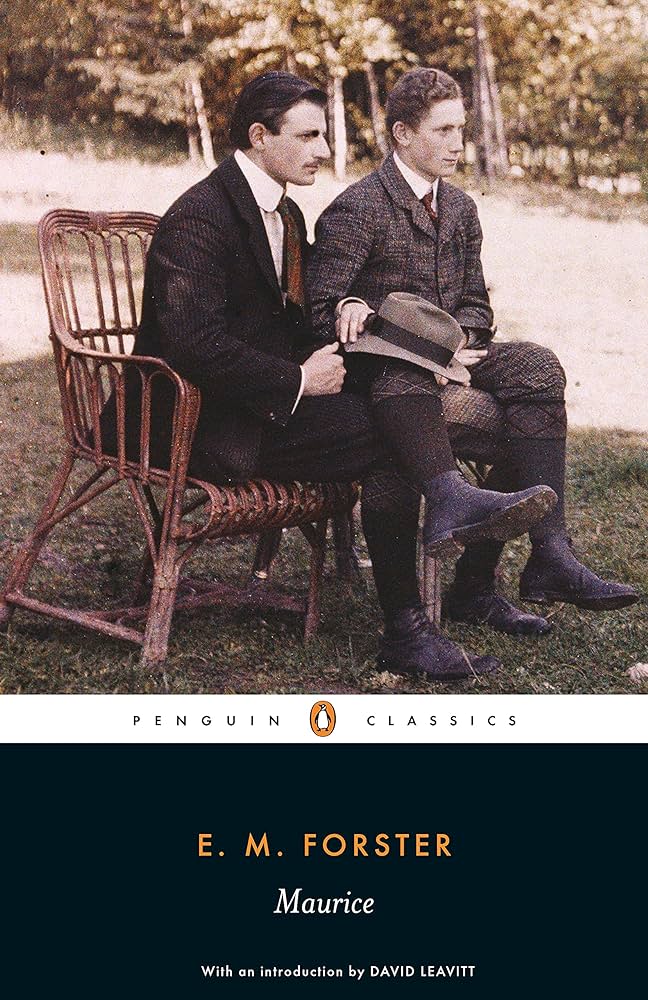
4. Maurice by E.M. Forster (1971)
Although written in 1913-1914, E.M. Forster’s Maurice was not published until 1971, posthumously, due to its sensitive content.
The novel explores the romantic relationship between Maurice Hall and Clive Durham in Edwardian England.
Forster’s depiction of same-sex love is both tender and revolutionary, challenging the era’s conservative norms and advocating for the acceptance of homosexual relationships.
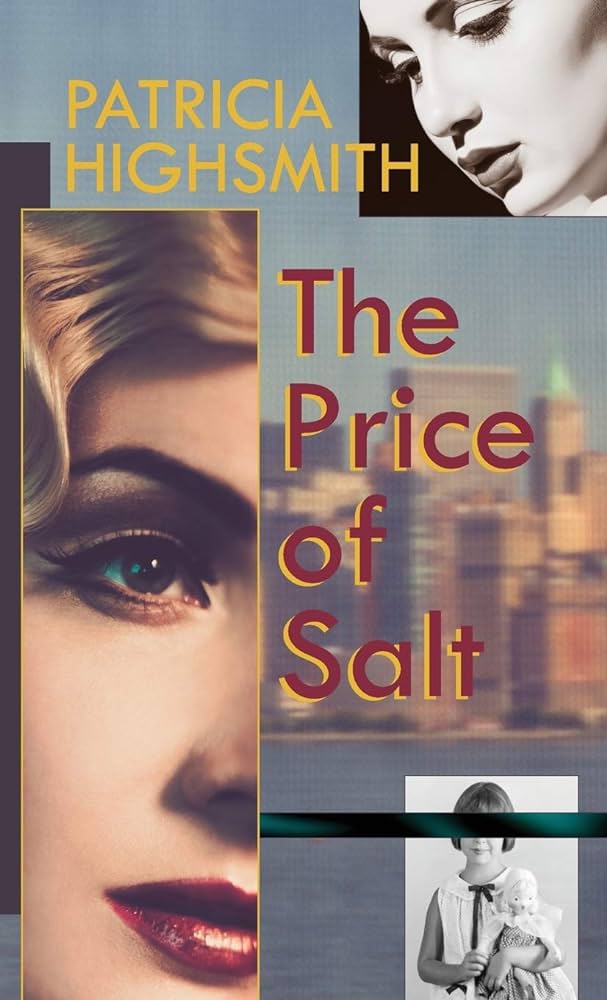
5. The Price of Salt by Patricia Highsmith (1952)
Also known as Carol, Patricia Highsmith’s The Price of Salt is a pioneering work of lesbian literature.
The novel follows the relationship between Therese, a young aspiring set designer, and Carol, an older woman going through a difficult divorce.
Highsmith’s nuanced portrayal of their romance and the societal obstacles they face was groundbreaking for its time, offering a rare happy ending in lesbian fiction.
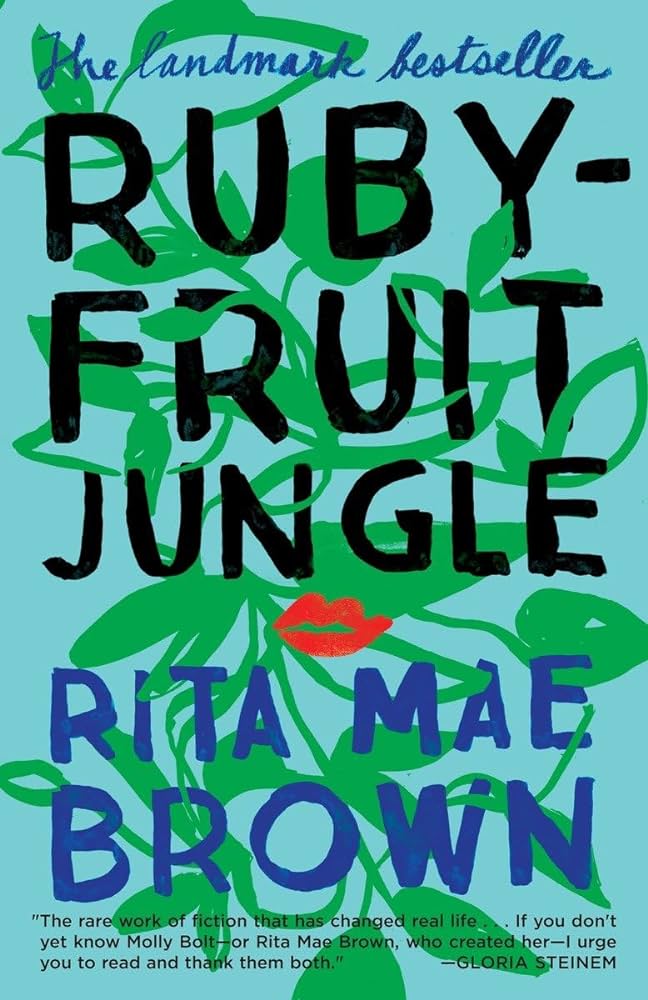
6. Rubyfruit Jungle by Rita Mae Brown (1973)
Rita Mae Brown’s Rubyfruit Jungle is a coming-of-age story that boldly addresses themes of sexual orientation and gender roles.
The protagonist, Molly Bolt, navigates her journey as a lesbian in a society that often rejects her identity.
Brown’s candid and humorous narrative challenges stereotypes and celebrates the strength and resilience of LGBTQ+ individuals.
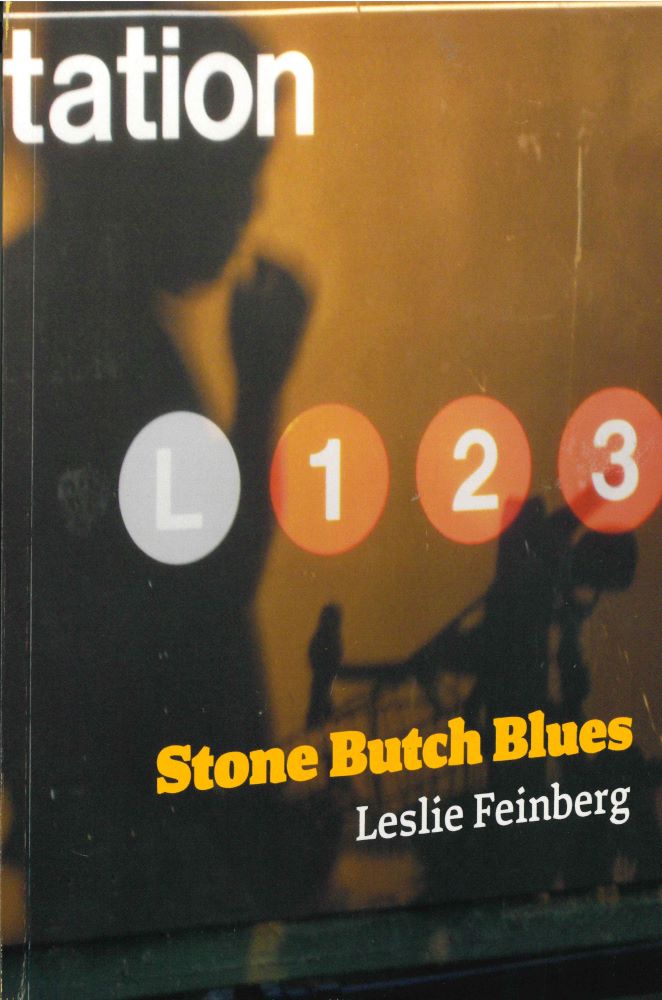
7. Stone Butch Blues by Leslie Feinberg (1993)
Stone Butch Blues by Leslie Feinberg is a seminal work that explores the life of Jess Goldberg, a working-class butch lesbian in the 1960s and 1970s.
Feinberg’s semi-autobiographical novel delves into issues of gender identity, oppression, and community, offering a raw and powerful depiction of the struggles faced by gender non-conforming individuals.
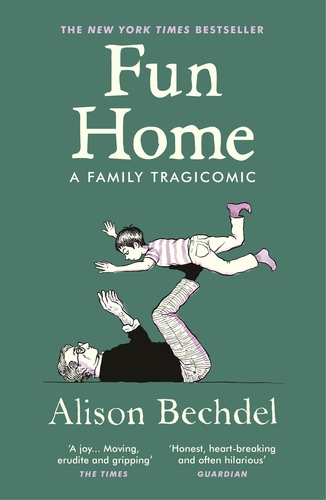
8. Fun Home: A Family Tragicomic by Alison Bechdel (2006)
Alison Bechdel’s graphic memoir Fun Home is a deeply personal and poignant exploration of family, identity, and sexuality.
The narrative intertwines Bechdel’s coming out story with the revelation of her father’s closeted homosexuality.
Bechdel’s intricate illustrations and candid storytelling create a compelling and emotionally resonant work that has become a cornerstone of queer literature.
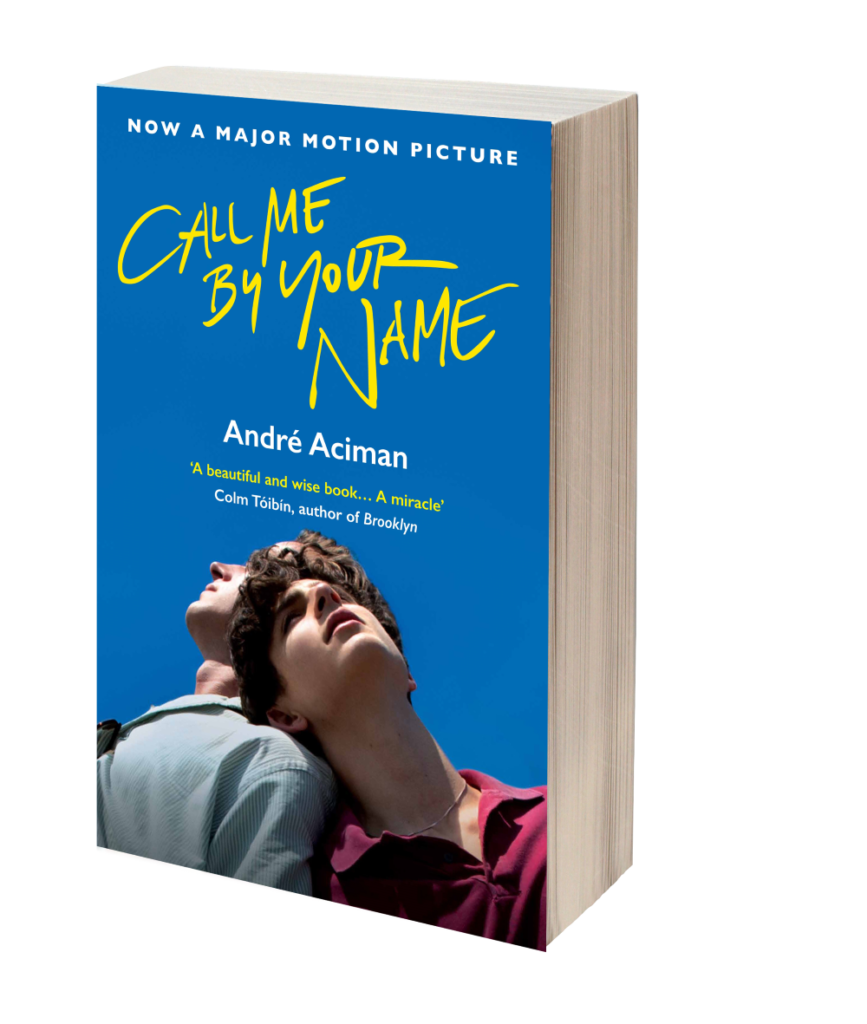
9. Call Me by Your Name by André Aciman (2007)
André Aciman’s Call Me by Your Name is a lyrical and evocative novel that captures the intensity of first love.
Set in 1980s Italy, the story follows the passionate summer romance between Elio, a young Italian-American, and Oliver, an American scholar.
Aciman’s exquisite prose and vivid depiction of longing and desire make this a deeply affecting exploration of love and identity.
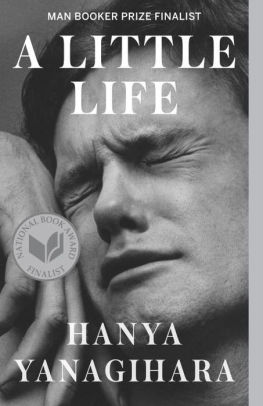
10. A Little Life by Hanya Yanagihara (2015)
Hanya Yanagihara’s A Little Life is a sprawling and harrowing novel that delves into the lives of four friends in New York City.
The story centers on Jude, a brilliant yet haunted man with a traumatic past.
Yanagihara’s unflinching portrayal of trauma, friendship, and love is both devastating and profoundly moving, offering a complex exploration of queer identity and resilience.
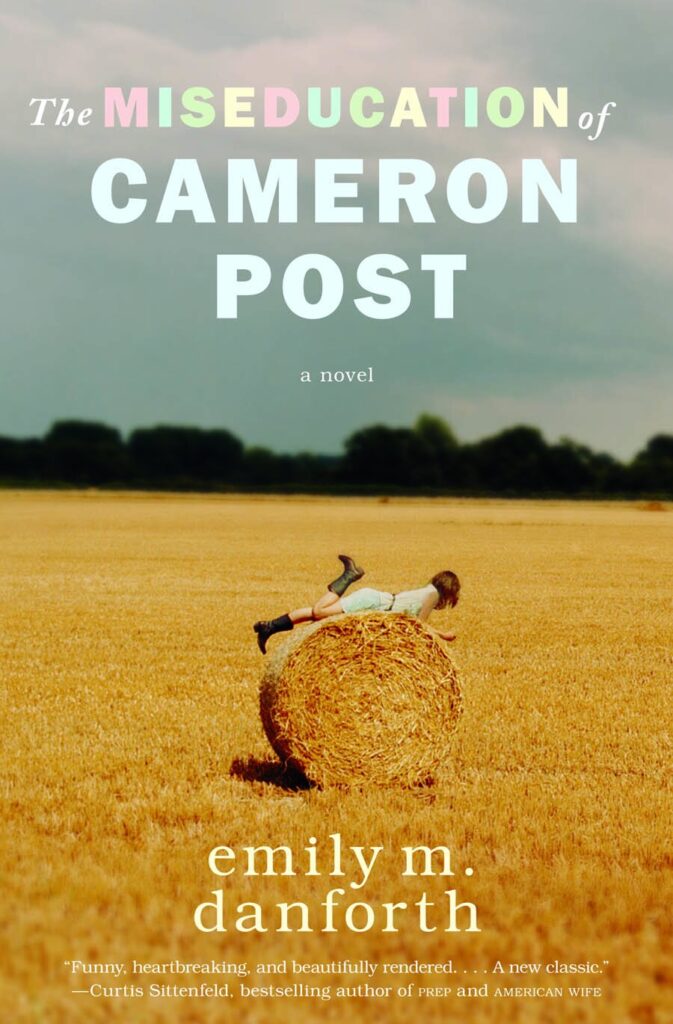
11. The Miseducation of Cameron Post by Emily M. Danforth (2012)
Emily M. Danforth’s The Miseducation of Cameron Post is a poignant coming-of-age story about a teenage girl sent to a conversion therapy camp after being caught in a same-sex relationship.
The novel explores themes of identity, family, and self-acceptance, offering a critical look at the damaging effects of conversion therapy.
Danforth’s empathetic and nuanced portrayal of Cameron’s journey makes this an essential read in LGBTQ+ literature.
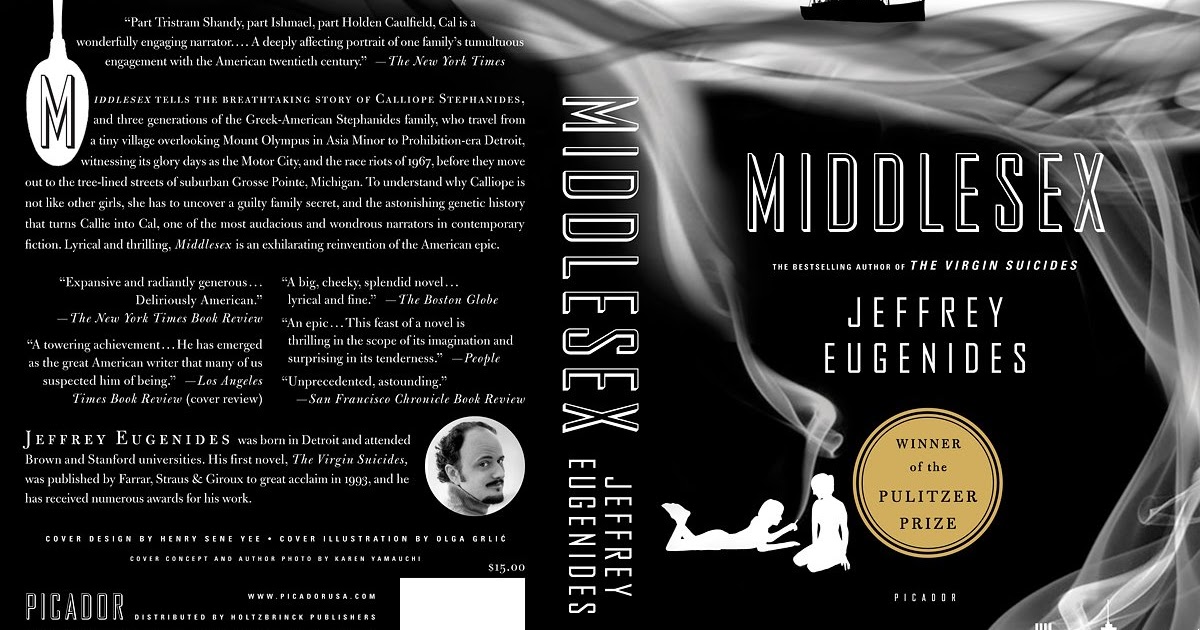
12. Middlesex by Jeffrey Eugenides (2002)
Jeffrey Eugenides’ Middlesex is an epic novel that spans generations, exploring themes of identity, genetics, and destiny.
The protagonist, Cal, is an intersex individual who transitions from female to male during adolescence.
Eugenides’ masterful storytelling and rich historical context provide a profound exploration of gender identity and the complexities of human experience.
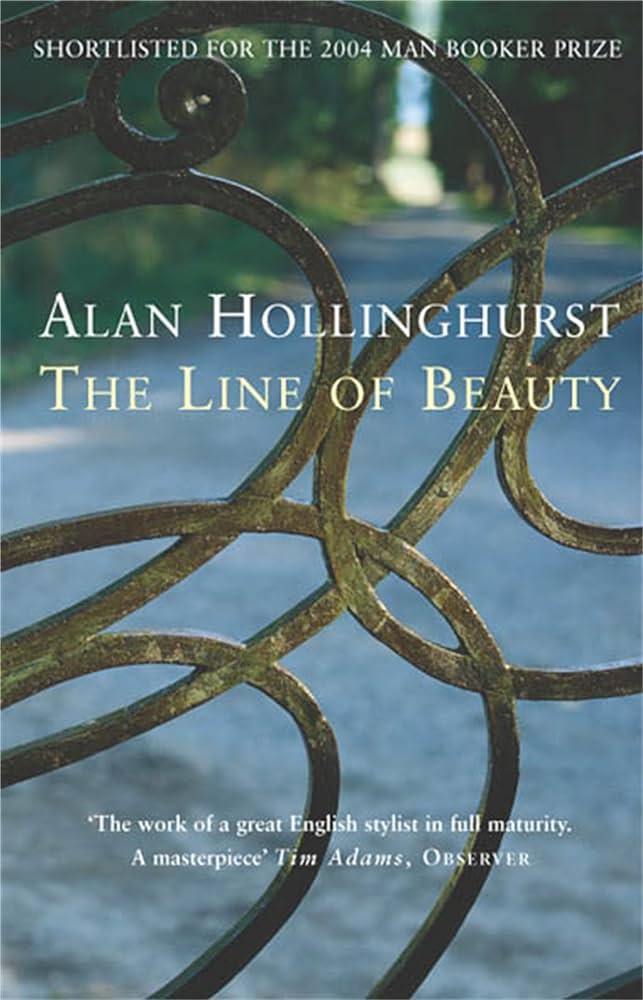
13. The Line of Beauty by Alan Hollinghurst (2004)
Alan Hollinghurst’s The Line of Beauty is a richly detailed novel set in 1980s London, amidst the backdrop of the AIDS crisis and the Thatcher government.
The story follows Nick Guest, a young gay man navigating the worlds of politics, art, and sexuality.
Hollinghurst’s elegant prose and incisive social commentary offer a vivid portrayal of a transformative era in LGBTQ+ history.
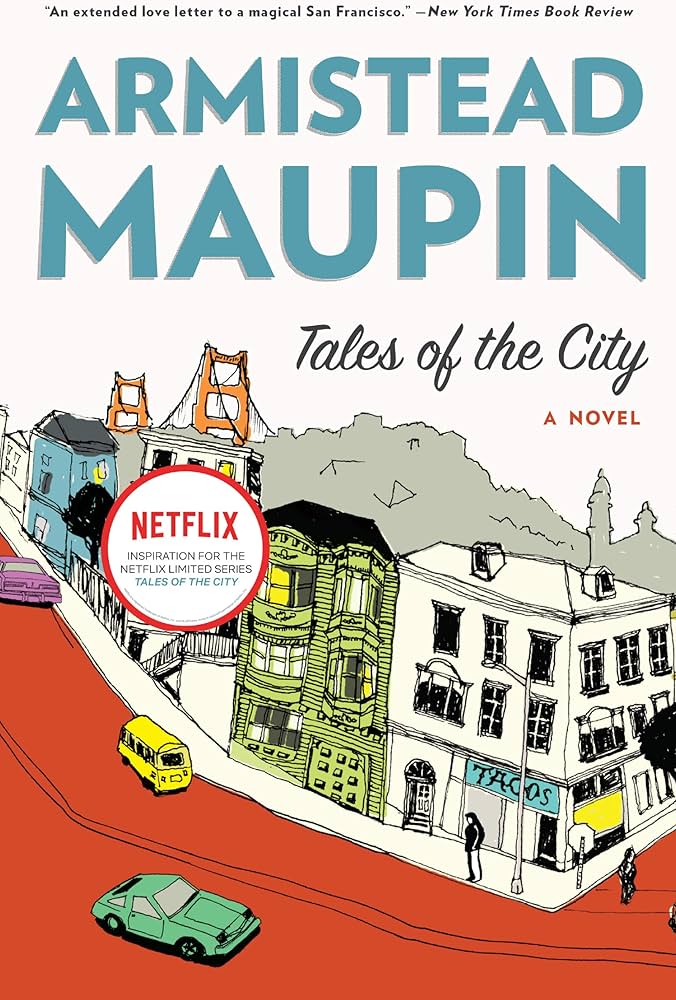
14. Tales of the City by Armistead Maupin (1978)
Armistead Maupin’s Tales of the City is the first in a beloved series that chronicles the lives of a diverse group of characters living in San Francisco.
The novel’s blend of humor, drama, and social commentary, along with its groundbreaking depiction of LGBTQ+ relationships, has made it a cornerstone of queer literature. Maupin’s vibrant and inclusive storytelling captures the spirit of a community and a city.
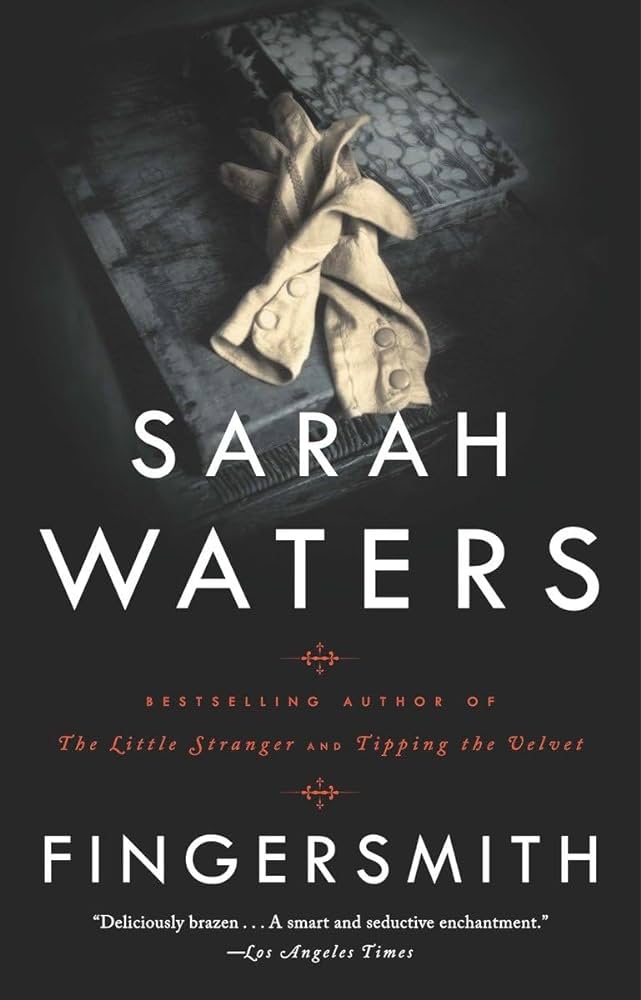
15. Fingersmith by Sarah Waters (2002)
Sarah Waters’ Fingersmith is a gripping historical novel that combines elements of mystery, romance, and crime.
Set in Victorian England, the story revolves around two young women, Sue Trinder and Maud Lilly, whose lives become entwined in a plot of deception and betrayal.
Waters’ intricate plotting and richly atmospheric writing, along with her nuanced portrayal of same-sex love, make Fingersmith a standout work in queer literature.
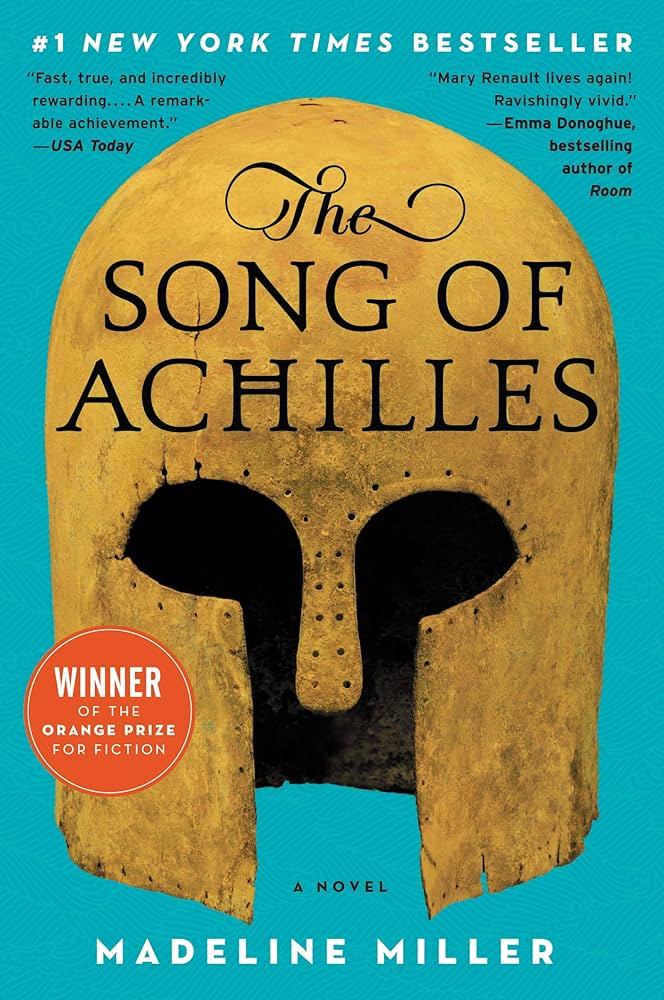
16. The Song of Achilles by Madeline Miller (2011)
Madeline Miller’s The Song of Achilles is a retelling of the Iliad from the perspective of Patroclus, focusing on his deep bond with Achilles.
Miller’s lyrical prose and empathetic characterization bring new depth to this ancient story, highlighting the romantic and emotional connection between the two warriors.
The novel’s exploration of love, honor, and destiny resonates powerfully within the context of LGBTQ+ literature.
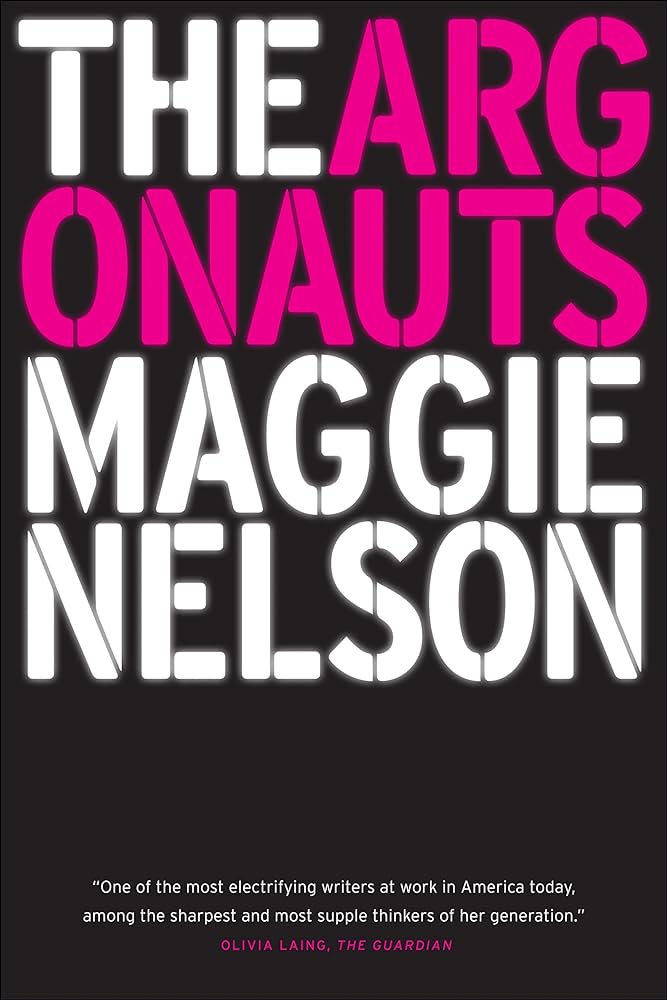
17. The Argonauts by Maggie Nelson (2015)
Maggie Nelson’s The Argonauts is a genre-defying work that blends memoir, theory, and critique.
The book chronicles Nelson’s experiences with her gender-fluid partner, Harry Dodge, and their journey through pregnancy and parenthood.
Nelson’s insightful and thought-provoking prose challenges traditional notions of family, gender, and identity, making The Argonauts a groundbreaking and influential work in contemporary queer literature.
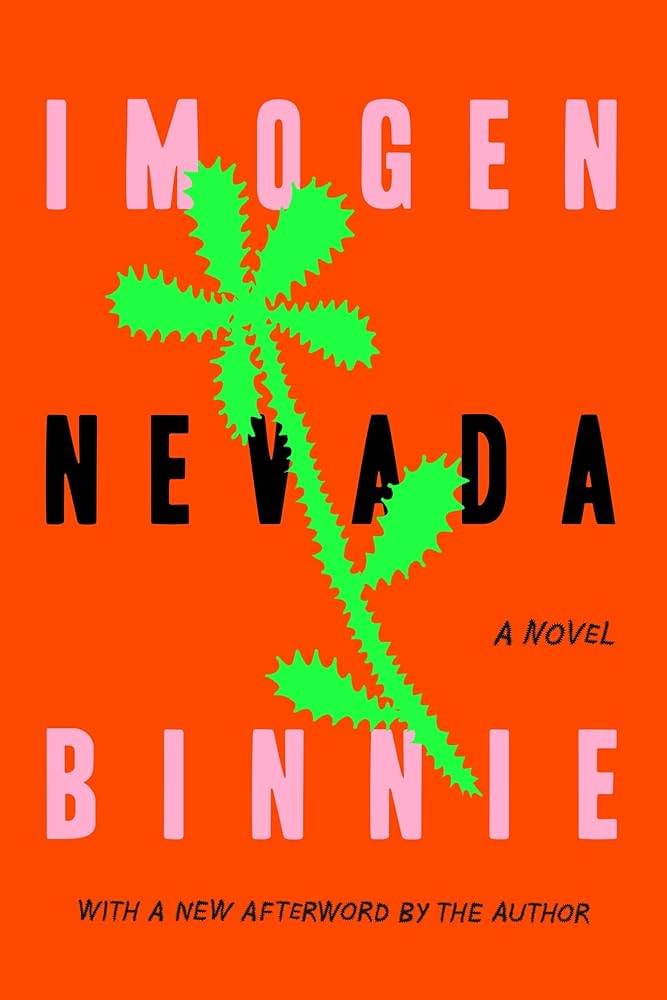
18. Nevada by Imogen Binnie (2013)
Imogen Binnie’s Nevada is a raw and authentic portrayal of trans identity and self-discovery.
The novel follows Maria Griffiths, a trans woman, on a road trip that becomes a journey of introspection and transformation.
Binnie’s candid and unapologetic narrative voice, along with her exploration of gender and the search for authenticity, makes Nevada a vital contribution to transgender literature.
These 18 works represent some of the most compelling and influential contributions to LGBTQ+ fiction.
Each book offers a unique perspective on the diverse experiences and identities within the queer community, highlighting themes of love, struggle, resilience, and self-discovery.
Through their powerful storytelling and richly drawn characters, these novels have not only enriched the literary canon but have also played a crucial role in advancing understanding and acceptance of LGBTQ+ lives.
